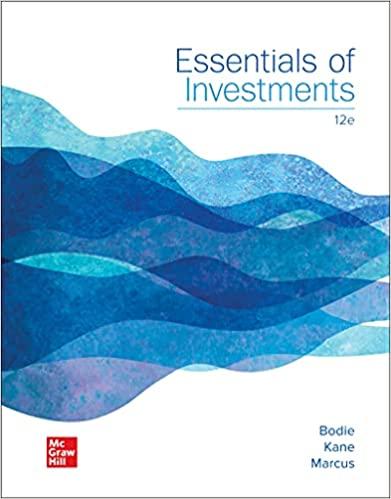Question
George A. Akerlof in his article The Market for Lemons proposed this example. Suppose you have two people who want to sell their car. The
George A. Akerlof in his article "The Market for Lemons" proposed this example. Suppose you have two people who want to sell their car. The first person is a little old lady who rarely drove her car and kept it in good condition. The second person drove his car during his wild teenage years, involved in a few fender benders, rarely changed the engine oil.
They both approach a car dealer to sell their car. The dealer cannot distinguish between the two sellers. The elderly lady demands the value of a car and will not accept less. The second person is willing to accept a lower price. The car dealers prefer the lower priced car. So, if this kind of experience continues, the car dealer will stock up on lemons because the lemon sellers gladly accept the lower price while the owners of sound cars don't.
So, what do you make of this example regarding asymmetric information? Discuss this fully. How can customers mitigate the problem of lemons in the used car market?
Step by Step Solution
There are 3 Steps involved in it
Step: 1

Get Instant Access to Expert-Tailored Solutions
See step-by-step solutions with expert insights and AI powered tools for academic success
Step: 2

Step: 3

Ace Your Homework with AI
Get the answers you need in no time with our AI-driven, step-by-step assistance
Get Started


